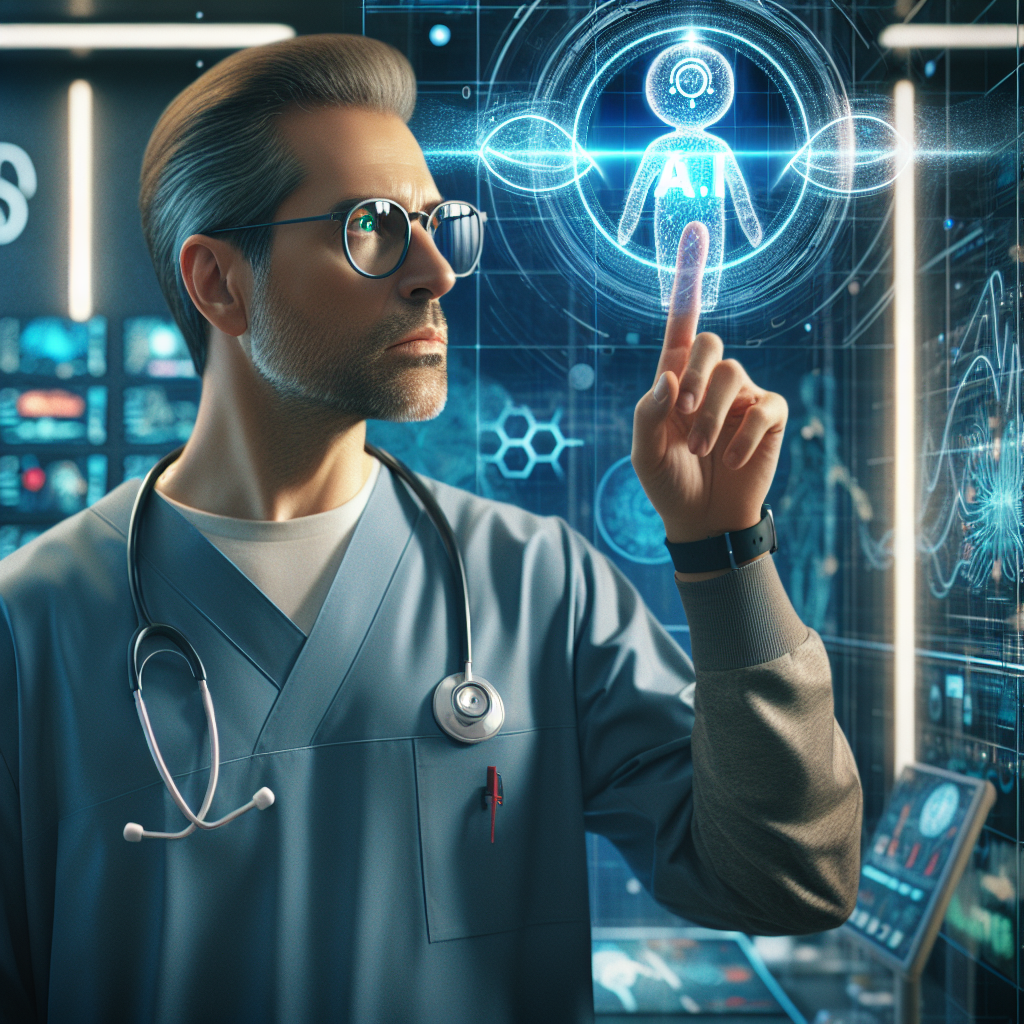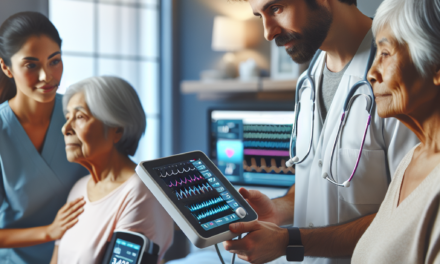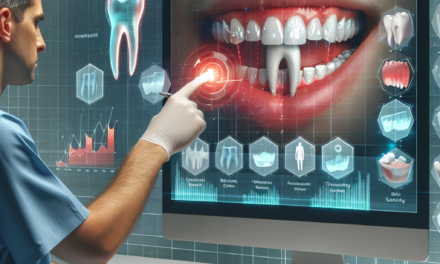Elon Musk Envisions Grok AI Transforming Healthcare

Elon Musk, a name synonymous with innovation and futuristic thinking, has set his sights on revolutionizing the healthcare industry with Grok AI. Known for his ventures in electric vehicles, space exploration, and neural technology, Musk’s latest endeavor aims to harness the power of artificial intelligence to address some of the most pressing challenges in healthcare. This article delves into the potential of Grok AI in transforming healthcare, exploring its applications, benefits, and the hurdles it may face along the way.
The Vision Behind Grok AI
Elon Musk’s vision for Grok AI is rooted in his broader mission to leverage technology for the betterment of humanity. With healthcare systems worldwide grappling with inefficiencies, rising costs, and a growing demand for personalized care, Musk sees AI as a pivotal tool in addressing these challenges. Grok AI is designed to integrate seamlessly into existing healthcare frameworks, offering solutions that enhance patient outcomes, streamline operations, and reduce costs.
At its core, Grok AI aims to create a more proactive and predictive healthcare system. By analyzing vast amounts of data, Grok AI can identify patterns and trends that may not be immediately apparent to human practitioners. This capability allows for earlier diagnosis, more accurate treatment plans, and ultimately, better patient care. Musk envisions a future where Grok AI not only supports healthcare professionals but also empowers patients to take control of their health through personalized insights and recommendations.
Moreover, Musk’s vision extends beyond individual patient care. He sees Grok AI as a tool for addressing systemic issues within healthcare systems. By optimizing resource allocation, reducing administrative burdens, and improving communication between different stakeholders, Grok AI has the potential to create a more efficient and equitable healthcare system. This holistic approach aligns with Musk’s broader philosophy of using technology to solve complex societal problems.
Applications of Grok AI in Healthcare
The potential applications of Grok AI in healthcare are vast and varied. From diagnostics to treatment planning, Grok AI can revolutionize multiple aspects of patient care. One of the most promising applications is in the field of medical imaging. By leveraging advanced machine learning algorithms, Grok AI can analyze medical images with unprecedented accuracy, identifying anomalies that may be missed by human eyes. This capability can lead to earlier detection of diseases such as cancer, significantly improving patient outcomes.
Another key application of Grok AI is in personalized medicine. By analyzing genetic data, lifestyle factors, and medical history, Grok AI can develop tailored treatment plans that are optimized for individual patients. This approach not only enhances the effectiveness of treatments but also minimizes the risk of adverse reactions. In addition, Grok AI can continuously monitor patient data, allowing for real-time adjustments to treatment plans as needed.
Grok AI also has the potential to transform the way healthcare providers manage chronic conditions. By continuously monitoring patient data, Grok AI can identify early warning signs of disease progression, enabling timely interventions that can prevent complications and hospitalizations. This proactive approach not only improves patient outcomes but also reduces the burden on healthcare systems.
Furthermore, Grok AI can play a crucial role in drug discovery and development. By analyzing vast datasets, Grok AI can identify potential drug candidates and predict their efficacy and safety profiles. This capability can significantly accelerate the drug development process, bringing new treatments to market faster and at a lower cost.
Benefits of Grok AI in Healthcare
The integration of Grok AI into healthcare systems offers numerous benefits. One of the most significant advantages is the potential for improved patient outcomes. By enabling earlier diagnosis and more accurate treatment plans, Grok AI can enhance the quality of care that patients receive. This capability is particularly important in the context of complex and chronic conditions, where timely interventions can make a significant difference in patient outcomes.
In addition to improving patient outcomes, Grok AI can also enhance the efficiency of healthcare systems. By automating routine tasks and optimizing resource allocation, Grok AI can reduce administrative burdens and free up healthcare professionals to focus on patient care. This capability is particularly valuable in the context of resource-constrained healthcare systems, where efficiency gains can translate into significant cost savings.
Another key benefit of Grok AI is its potential to democratize access to healthcare. By providing personalized insights and recommendations, Grok AI can empower patients to take control of their health, regardless of their location or socioeconomic status. This capability aligns with Musk’s broader mission of using technology to create a more equitable society.
Moreover, Grok AI can enhance the quality of medical research by providing researchers with powerful tools for data analysis. By identifying patterns and trends in large datasets, Grok AI can generate new insights that can inform the development of new treatments and interventions. This capability can accelerate the pace of medical research and lead to breakthroughs that improve patient care.
Challenges and Ethical Considerations
While the potential benefits of Grok AI in healthcare are significant, there are also several challenges and ethical considerations that must be addressed. One of the most pressing challenges is the issue of data privacy. The integration of AI into healthcare systems requires access to vast amounts of sensitive patient data, raising concerns about data security and patient confidentiality. Ensuring that patient data is protected and used ethically is paramount to the success of Grok AI.
Another challenge is the potential for bias in AI algorithms. If not properly addressed, biases in training data can lead to disparities in healthcare outcomes. Ensuring that Grok AI is trained on diverse and representative datasets is crucial to minimizing bias and ensuring equitable access to care.
Moreover, the integration of AI into healthcare systems raises questions about the role of human practitioners. While Grok AI can enhance the capabilities of healthcare professionals, it is important to ensure that human judgment and empathy remain central to patient care. Balancing the use of AI with the need for human oversight is a key consideration in the deployment of Grok AI.
Finally, there are regulatory and legal challenges associated with the use of AI in healthcare. Ensuring that Grok AI complies with existing regulations and standards is essential to its successful implementation. Additionally, new regulatory frameworks may be needed to address the unique challenges posed by AI in healthcare.
Case Studies and Real-World Examples
To illustrate the potential of Grok AI in healthcare, it is helpful to examine real-world examples and case studies. One notable example is the use of AI in radiology. Several healthcare institutions have successfully integrated AI algorithms into their radiology departments, leading to improved diagnostic accuracy and efficiency. These case studies demonstrate the potential of AI to enhance the capabilities of healthcare professionals and improve patient outcomes.
Another example is the use of AI in personalized medicine. Several companies are leveraging AI to develop tailored treatment plans for patients with complex conditions such as cancer. These initiatives have shown promising results, with patients experiencing improved outcomes and reduced side effects. These case studies highlight the potential of AI to transform the way healthcare is delivered and improve patient care.
In addition to these examples, there are numerous ongoing research initiatives exploring the potential of AI in healthcare. From drug discovery to chronic disease management, these initiatives are paving the way for the integration of AI into healthcare systems. By examining these case studies and research initiatives, we can gain valuable insights into the potential of Grok AI to transform healthcare.
Conclusion
Elon Musk’s vision for Grok AI represents a bold and ambitious attempt to revolutionize healthcare. By harnessing the power of artificial intelligence, Grok AI has the potential to address some of the most pressing challenges facing healthcare systems today. From improving patient outcomes to enhancing the efficiency of healthcare systems, the benefits of Grok AI are significant. However, realizing this potential requires careful consideration of the challenges and ethical considerations associated with the use of AI in healthcare.
As we move forward, it is essential to ensure that Grok AI is developed and deployed in a way that prioritizes patient safety, data privacy, and equitable access to care. By addressing these challenges and leveraging the power of AI, we can create a healthcare system that is more proactive, predictive, and personalized. In doing so, we can realize Elon Musk’s vision of a future where technology is used to improve the health and well-being of individuals and society as a whole.





